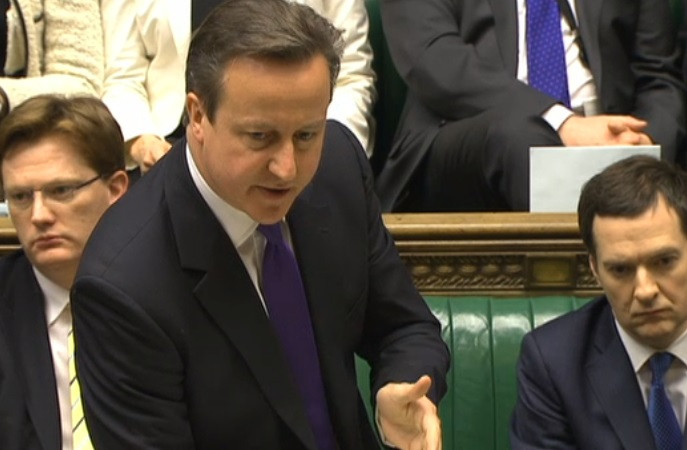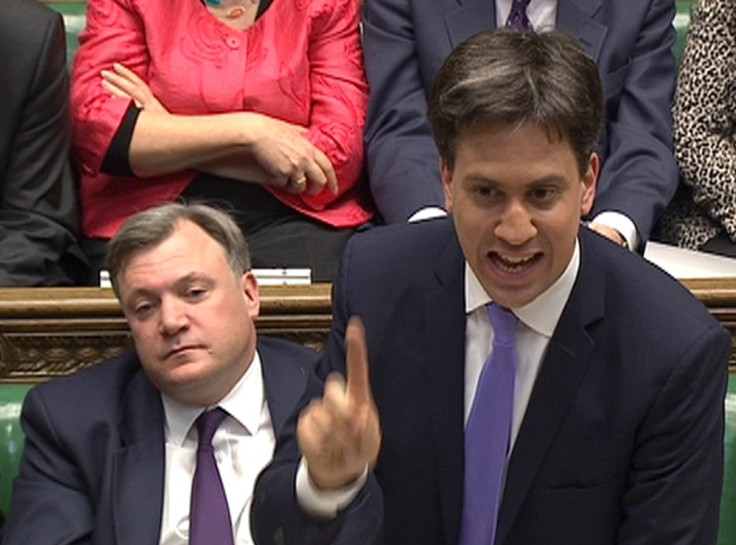Cameron Edges UK Towards Air Strikes Amid Fears Over Syria

The prospect of the UK joining US air strikes against Isis has clearly increased with the latest atrocity and the awful likelihood that the next to be murdered will be a British hostage.
The prime minister told MPs in the Commons that he stood ready to "do more" with allies in the region, raising speculation he would join air strikes if requested by Iraq.
After chairing a meeting of the government's emergency Cobra group, he also insisted "a country like ours will not be cowed by these barbaric killers" and that Isis' actions would have the opposite effect.
And he won strong support from Ed Miliband after stating: "Whatever may happen again in the future...we will not waver."
He will discuss the US-UK strategy when he meets President Obama at the Nato summit in Wales this week.
Cameron has long insisted he would keep the option of air strikes open, while ruling out combat boots on the ground. And it is notable that over recent days the political and public reluctance to go down that route has started to shift.
Former Labour foreign secretary Jack Straw has now joined those pressing for such action.

Another barbaric video showing a terrorist, probably again speaking with a London accent, beheading a British citizen will likely increase rather than decrease the demands for UK air strikes alongside the US.
But Cameron is under no illusion that any decision he makes on air strikes or on other more significant long-term measures to counter the terrorists' "poisonous ideology" will do anything to stop Isis following through on its murderous threats.
However, the Isis reaction suggests the current military action is harming it, and that will further encourage the US and UK to consider extending air strikes.
But, while such military action will have an effect, Cameron has also consistently recognised that it will not get to the root cause. It may be possible to contain the current Isis threat but, as actions against al-Qaida have shown, the ideology will continue to inspire groups to similar atrocities.
As the prime minister repeated in his first question time since the summer break, it is the generational struggle against the warped ideology that has to be tackled and defeated, irrespective of any military action.
In any case, there is major question mark over the air strikes strategy and it was contained in Obama's earlier statement that the aim is to ensure Isis is "not an ongoing threat to the region". The region, of course, includes Syria.
Cameron has flatly rejected suggestions that he would be ready to work with president Assad against Isis in Syria so the only way air strikes could be extended would be with his permission. But he chose to duck the question when asked directly in the Commons by Labour's Peter Hain.
Precisely how that permission would be sought when the government still views him as a brutal dictator who should be removed from office is just one of the problems with the strategy.
The other, more worrying problem is the fact that such military action would risk dragging the UK into Syria's civil war, something parliament and the British public are fundamentally opposed to.
And that must be one of the major factors currently giving the prime minister sleepless nights as he considers backing Obama's action.
© Copyright IBTimes 2025. All rights reserved.






















